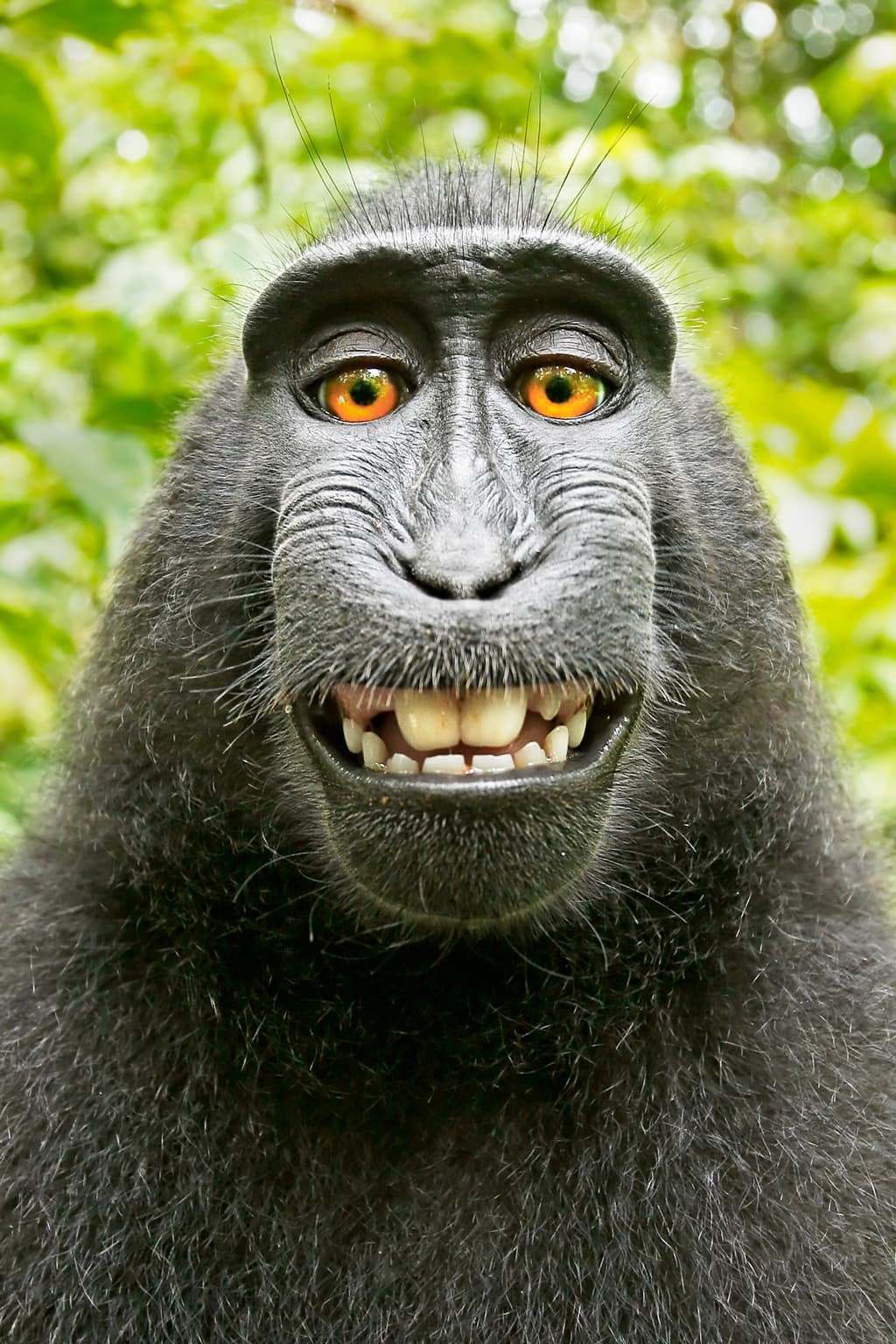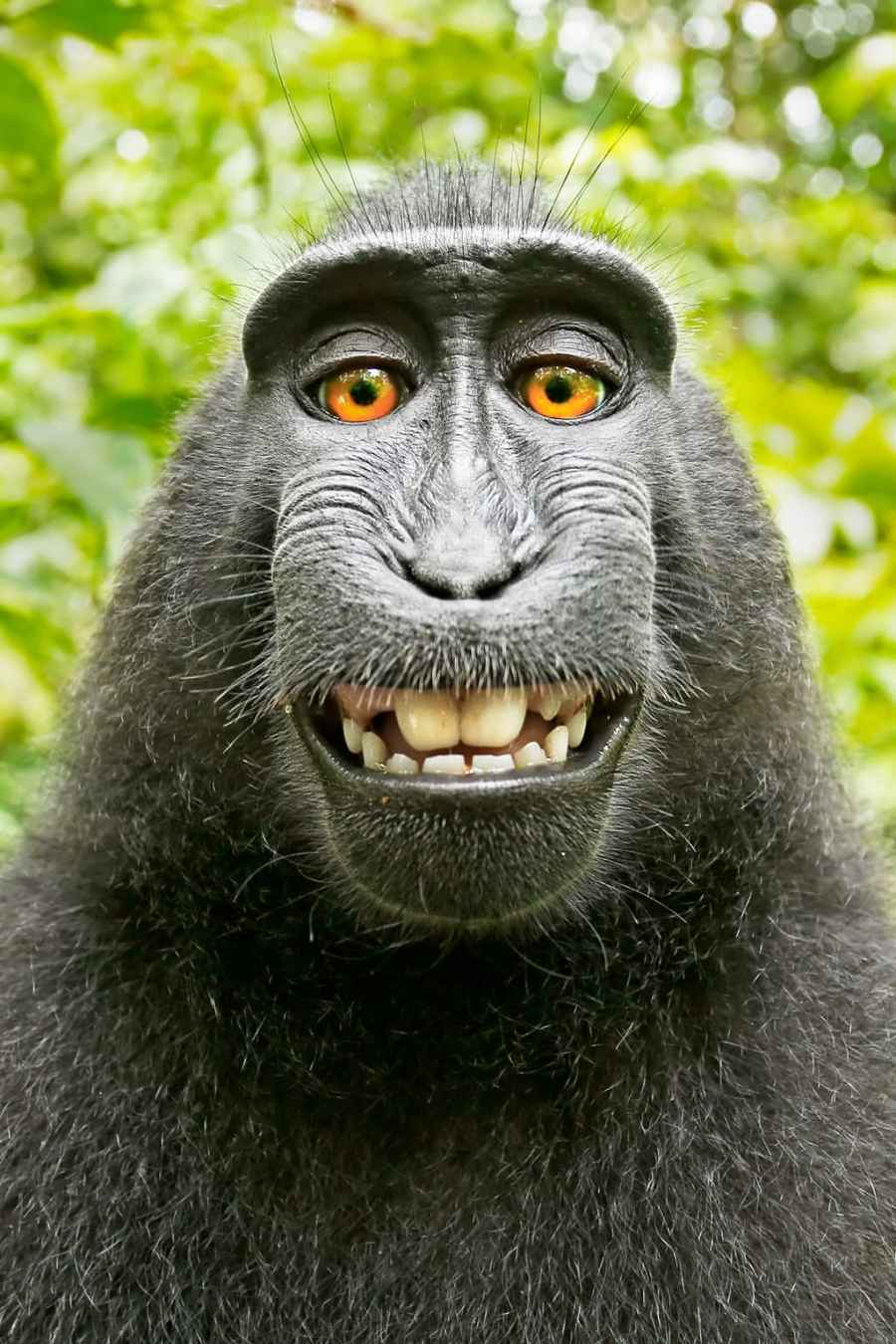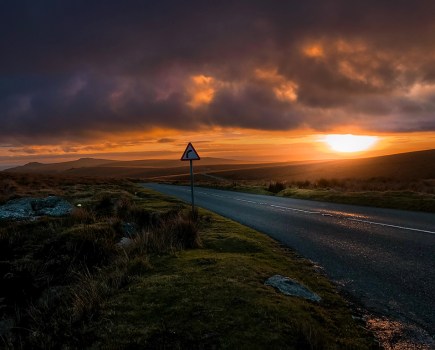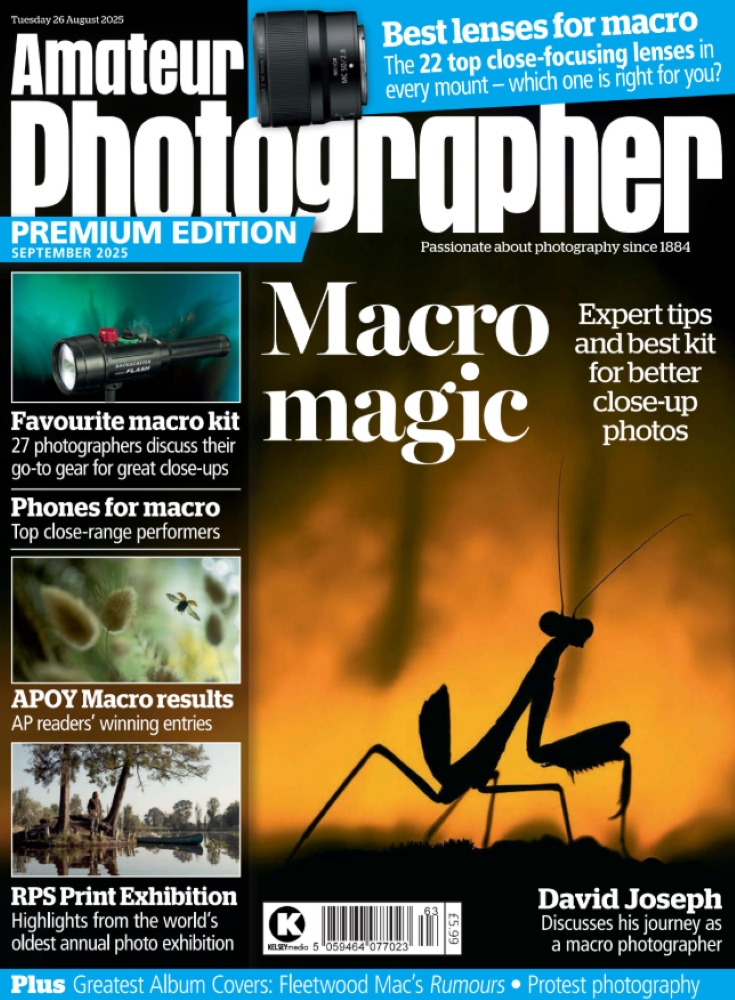As the legal battle between wildlife photographer David Slater and People for the Ethical Treatment of Animals (PETA) over the ‘Monkey Selfie’ comes to a questionable close, here’s a few of the salient facts and more bizarre bits of monkey business thrown up by the case…

1. PETA sued David on behalf of the monkey and the two parties have now settled. However, David reckons his real battle is Wikipedia. Its defence is as follows: “the Wikimedia Foundation’s 2014 refusal to remove the pictures from its Wikimedia Commons image library was based on the understanding that copyright is held by the creator, that a non-human creator (not being a legal person) cannot hold copyright, and that the images are thus in the public domain.”
2. PETA has dubbed the monkey Naruto, but based on the photos they are distributing, David reckons they have the wrong monkey, and indeed the wrong sex of monkey.
3. David only found out he was being sued by PETA when a reporter from the Associated Press contacted him for background, but wouldn’t explain exactly why. David realised what was happening when he saw the story in print.
4. The ongoing cost, in terms of legal feels and time, are forcing David to consider new income streams – he has registered with the Lawn Tennis Association (LTA) as a coach, and is even thinking about dog walking.
5. David reckons the biggest mistake he made at the beginning was allowing his agent to distribute the high resolution version of the image to the press, on the off chance that they might want to turn it into a poster. Once the high res was out there, it was hard to keep control of the image.
6. There are now two crowdfunding sites set up to help David with the legal costs and the damage the case has caused his business.
7. David reckons the image has helped to preserve the crested black Macaque monkey in Indonesia, as the locals are cashing in on tourists keen to see the species. So they have an incentive to help preserve the species, rather than eating it.
8. A major reason the legal arguments over copyright ownership drag on in the US is that there’s nothing in copyright law that says a monkey, or any animal, can’t hold copyright – but there’s nothing that says they can, either.
9. PETA persuaded a macaque monkey specialist called Dr Antje Engelhardt to act as Naruto’s representative, or ‘next friend.’ but she then mysteriously decided to end her involvement in the case. Even more bizarrely, PETA’s chief lawyer called the police when Dr Engelhardt said she was dropping by his house!
10. The case has generated lots of great puns, one of the best being by Andrew Dhuey, one of David’s lawyers. He aid PETA should pay all of his legal fees because “monkey see, monkey sue will not do in federal court.”
11. After appealing the initial ruling, PETA managed to get photographer David Slater to agree to donate 25% of any future earnings from the infamous image to charities dedicated to the protection of crested macaques in Indonesia. The two parties settled on these terms and following the agreement, the parties shared this a joint statement: “PETA and David Slater agree that this case raises important, cutting-edge issues about expanding legal rights for non-human animals, a goal that they both support, and they will continue their respective work to achieve this goal.”
With this case raising so many fascinating (and some disturbing) questions, what do you think should have been done? Was PETA right to raise its case? Or should the American court system have even allowed it in the first place? Please share your thoughts below.








